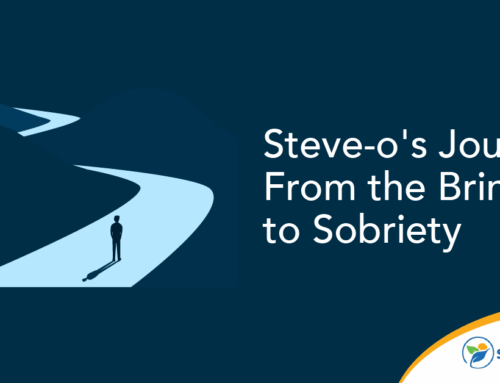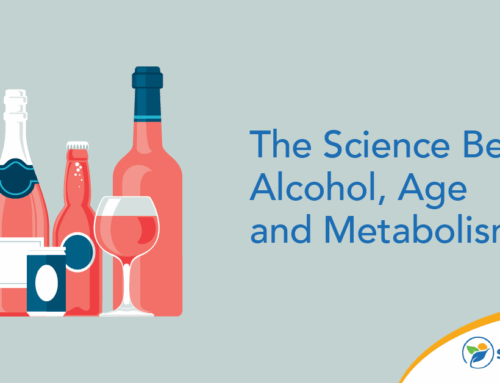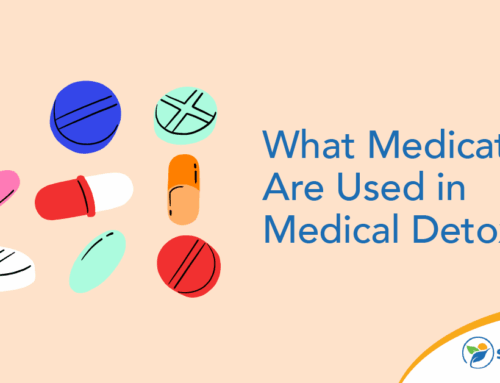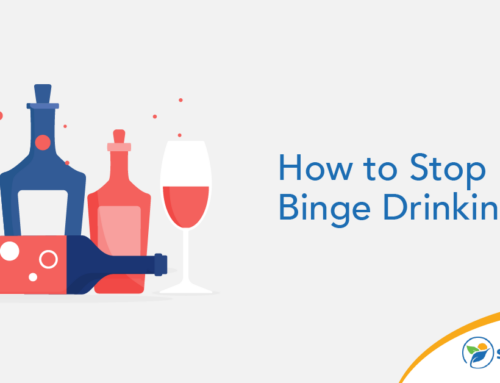Anecdotally, we know that alcohol is involved in a wide variety of violent crimes that include sexual assault and sexual battery. So, alcohol is prominent in how many sexual assaults annually?
In this article, we’ll look at the reasons why alcoholic intoxication and alcoholism make a person more likely to commit a violent act such as rape, and how access to quality treatment may reduce the overall occurrence of sex crimes.
The Link Between Alcohol and Sexual Assault
Even at a glance, it’s easy to see that alcohol abuse is tied to the prevalence of sexual assault. A review of research on sexual assault trends in university student populations found overwhelming evidence that rape on college campuses is highly prevalent: in about half of reported cases, alcohol is involved.
There are many studies and peer-reviewed articles examining alcohol and rape statistics to paint a clear picture of the issue. Below, we look at some of the probable causes.
Alcohol Introduces Risk Factors for Sexual Assault
Alcohol abuse plays a role in many sex crimes, but it’s important to remember an important point: while alcohol can be a major factor in these crimes, and frequently is, it doesn’t remove the responsibility from the perpetrator of the act.
Alcohol can play a role for the perpetrator, the victim or both. Two types of sexual assault are known to occur when alcohol is involved. One, involving violent coercion, is most frequently reported and prosecuted. The other, which depends on when consent is not given or not fully articulated while under the influence, is harder to track but no less egregious.
Violent Sexual Assault
When most people think of the term “rape,” they think of one party physically forcing another to accept sexual activity. This includes the conventional definition of sexual intercourse or another type of non-penetrative sexual contact that a person inflicts on an unwilling partner.
One possible contributing factor to violent sexual assaults is a concept known commonly as “alcoholic rage.” People who drink heavily are more likely to be angrier or behave violently, according to research. Essentially, alcohol lowers our inhibitions while making us more sensitive to social cues around us. In some people, this can cause impulsive and violent behavior.
Sex is an act connected to impulses and inhibitions. When people drink and lose control, this violent behavior can manifest in the form of sexual activity and “romantic” partnership.
Of course, this isn’t the only definition of sexual assault, and the second may be even more closely linked with alcohol use and abuse.
Alcohol and the Ability to Signal Consent
Legally, a person who is under the influence of a mind-altering substance cannot provide consent, which complicates the definition of rape. When the reality is that a lot of sexual contact happens under the influence of alcohol, it paints a potentially troubling picture.
What can seem like carefree drunk sexual contact after meeting at a bar or attending a party may actually be sexual assault, even if it’s rarely acknowledged or reported. If consent is not given, the act constitutes as violating.
Alcohol and Rape Statistics
According to the Rape, Abuse, and Incest National Network (RAINN), roughly half a million Americans over the age of 12 are sexually assaulted each year on average. The NIAAA estimates that around half the time, the victim, the perpetrator or both parties involved are drinking when a sexual assault occurs. So, exactly how many sexual assaults involve alcohol?
Some quick math tells us that alcohol is estimated to be a prominent part of the equation in over 215,000 crimes. Factoring in claims from RAINN stating that only 31% of sexual assaults are reported to the authorities, the actual number of sex crimes involving alcohol is likely to be much higher.
Trauma and Other Consequences
The consequences of rape can be devastating for the victim. Victims of sexual assault often are forced to reckon with feelings of helplessness and insecurity. They may even blame themselves for what’s happened to them. Self-loathing, self-harm, isolation and other negative behaviors are common experiences for victims of sex crimes.
RAINN says that victims of sexual abuse and rape are more likely to suffer from conditions like eating disorders, depression, panic disorders and insomnia. Their risk of self-harm and suicide increases. In some cases, a victim of sexual violence may experience post-traumatic stress disorder or PTSD, a severe response to past trauma that can affect performance at work or school, the health of the victim’s relationships and their overall well-being.
Treating Mental Health and Alcohol Abuse
Often, the perpetrators of sexual crimes will be individuals whose alcohol abuse brings out or worsens a pre-existing condition. Chronic anger issues and certain other mental health conditions can be risk factors for violent behavior brought on or worsened by the presence of drugs and/or alcohol.
When a person is struggling with addiction and a mental health disorder at the same time, it’s what’s known as a co-occurring disorder. These are, by nature, harder to treat. Often, the two disorders are interconnected, meaning that they play off of each other and one disorder can often make the other more severe and resistant to treatment, which is why an affective therapy program needs to address both at once.
Alcohol Treatment at Sunlight Recovery
Just because you have a drinking problem doesn’t mean you’ll commit a crime like sexual assault or battery. However, people who can’t control their drinking can lose control of other things, like their behavior and their actions. They may do things that cause them shame or that have severe repercussions in their lives. That’s why it’s important to get help as soon as possible when you’re concerned about your relationship with alcohol.
If you or a loved one find yourself unable to control the frequency of your alcohol consumption, it’s time to take a step toward recovery. Contact Sunlight Recovery today and learn about your options to get the help you need.







